Understanding How Weight Gain Leads to Inflammation and What You Can Do About It
Discover how weight gain causes inflammation, raising risks of diabetes and heart disease. Get diet, exercise, and lifestyle tips to reduce inflammation and improve health.
3/11/20254 min read
Introducti
Weight gain is often discussed in terms of aesthetics, but its impact on health runs much deeper. One of the lesser-known yet critical consequences of excess body weight is its link to chronic inflammation—a silent driver of diseases like diabetes, heart disease, and arthritis. This article breaks down the science behind weight gain and inflammation, explores the health risks, and offers practical solutions to break the cycle
Section 1: The Science Behind Weight Gain and Inflammation
What Is Inflammation?
Inflammation is the body’s natural defense mechanism against injury or infection. Acute inflammation (like a swollen ankle) is temporary and healing. However, chronic inflammation is a prolonged, low-grade state that damages tissues and organs over time.
The Role of Fat Cells
Body fat, especially visceral fat (the kind surrounding organs), isn’t just passive storage. It acts like an endocrine organ, releasing hormones and proteins called cytokines. While some cytokines aid metabolism, excess fat pumps out pro-inflammatory types like TNF-alpha and IL-6, creating a state of chronic inflammation. Hormones and Insulin Resistance
Fat cells also disrupt hormones like leptin (which regulates hunger) and adiponectin (which improves insulin sensitivity). Over time, this imbalance leads to insulin resistance—a precursor to diabetes—and fuels inflammation further.
Section 2: How Excess Fat Triggers Inflammation
1. Adipose Tissue as an Endocrine Organ
Visceral fat is metabolically active, releasing inflammatory molecules into the bloodstream. Unlike subcutaneous fat (under the skin), visceral fat’s proximity to organs like the liver amplifies its harmful effects.
2. Immune System Overload
Fat tissue attracts immune cells like macrophages, which mistake excess fat for a threat. These cells release more cytokines, creating a vicious cycle of inflammation
3. Oxidative Stress
Excess fat increases oxidative stress, where free radicals damage cells. This triggers inflammation as the body attempts repairs.
4. Gut Health Disruption
Weight gain alters gut bacteria balance, leading to a "leaky gut." Harmful bacteria particles enter the bloodstream, prompting immune responses and systemic inflammation.
Section 3: Health Risks of Chronic Inflammation
Persistent inflammation from weight gain contributes to:
- Heart Disease: Inflamed arteries promote plaque buildup, raising heart attack and stroke risks.
- Type 2 Diabetes: Insulin resistance impairs blood sugar control.
- Joint Problems: Inflammatory cytokines degrade cartilage, worsening arthritis.
- Mental Health Issues: Inflammation is linked to depression and cognitive decline.
- Cancer: Chronic inflammation can damage DNA, increasing cancer risk.
Section 4: Breaking the Cycle: Managing Weight to Reduce Inflammation
1. Adopt an Anti-Inflammatory Diet
- Focus on Whole Foods: Prioritize vegetables, fruits, nuts, seeds, and fatty fish rich in omega-3s (e.g., salmon).
- Limit Processed Foods: Avoid sugary snacks, refined carbs, and trans fats, which spike inflammation.
- Add Spices: Turmeric and ginger have natural anti-inflammatory properties
2. Exercise Regularly
- Aim for 150 Minutes/Week: Moderate exercise (e.g., brisk walking) reduces visceral fat and inflammatory markers.
- Strength Training: Builds muscle, which burns calories and improves metabolic health.
Poor sleep disrupts hormones like cortisol and ghrelin, increasing hunger and inflammation. Aim for 7–9 hours nigh
Chronic stress elevates cortisol, promoting fat storage. Try mindfulness, yoga, or deep breathing exercises.
5. Consider Medical Support
If lifestyle changes aren’t enough, consult a healthcare provider. Medications or surgeries like bariatric procedures may be options for severe cases.
Conclusion
Weight gain and inflammation form a harmful cycle, but it’s possible to break free. By understanding how excess fat triggers inflammation and adopting healthier habits—like nutritious eating, regular exercise, and stress management—you can reduce inflammation and lower your risk of chronic diseases. Remember, even modest weight loss (5–10% of body weight) can make a significant difference. Start small, stay consistent, and prioritize long-term health over quick fixes
Key Takeaways
- Visceral fat releases inflammatory cytokines, driving chronic inflammation.
- Inflammation from weight gain raises the risk of diabetes, heart disease, and more.
- Solutions include anti-inflammatory diets, exercise, sleep, and stress reduction.
By addressing weight gain proactively, you’re not just improving your appearance—you’re investing in a healthier, inflammation-free future
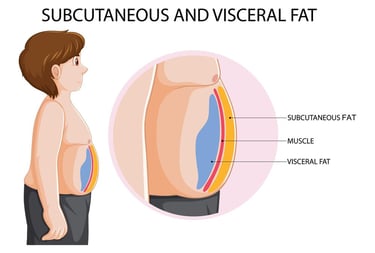

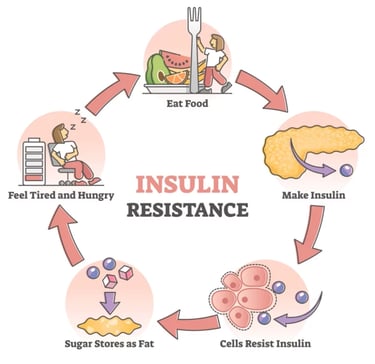

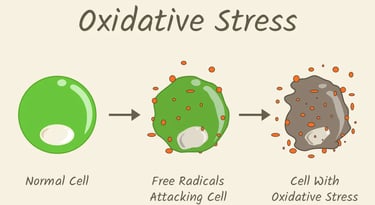

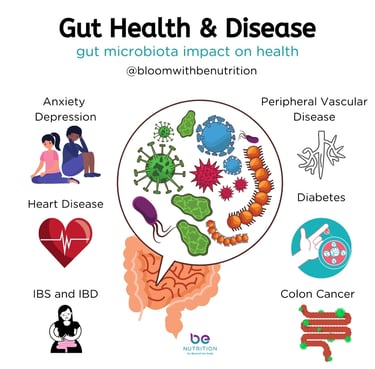

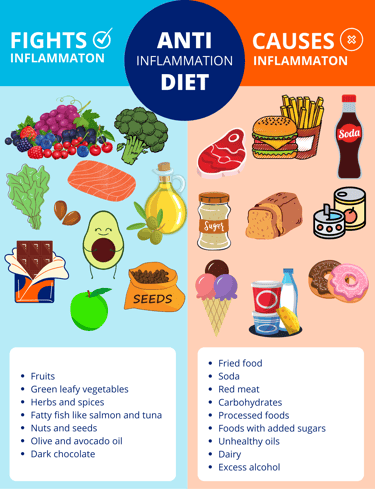



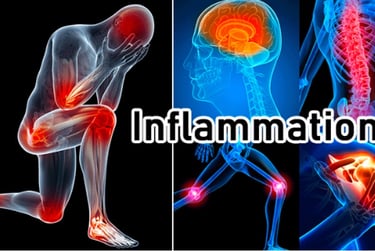

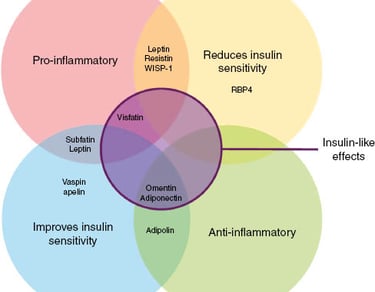

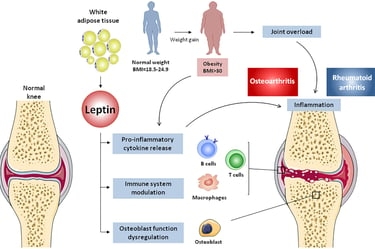

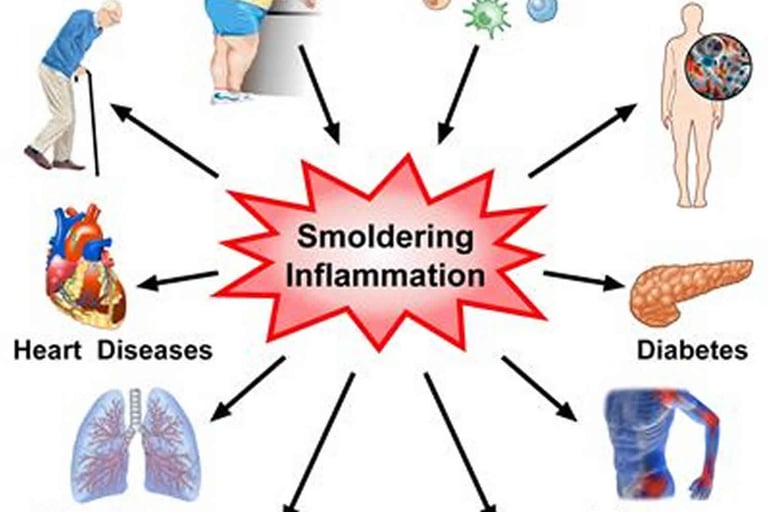

Wellness
Empowering you with knowledge for healthier living.
Fitness
Nutrition
+254721616602
© 2025. All rights reserved.
Affiliate Blog Disclaimer for YourHealthyPath.in
Last Updated: [1/6/2025]
At YourHealthyPath.in, we believe in transparency and building trust with our readers. This disclaimer outlines our affiliate relationships and how they impact the content you see. Please read this carefully to understand our commitments to you.
Affiliate Links & Compensation
Some links on this blog may be “affiliate links.” This means if you click on the link and purchase a product/service, we may earn a small commission at no extra cost to you. These partnerships help fund our work, allowing us to continue providing free, valuable content.
We only promote products or services we genuinely believe in, have researched, or have personal experience with. Our reviews and recommendations are always honest and unbiased, even when compensated.
FTC Compliance
YourHealthyPath.in complies with the Federal Trade Commission (FTC) guidelines for affiliate marketing. We disclose all affiliate relationships to ensure you’re fully informed about how our content is funded.
No Professional Advice
The content on this blog (including articles, reviews, and recommendations) is for informational purposes only and does not constitute professional medical, financial, or legal advice. Always consult a qualified expert before making decisions related to your health, finances, or well-being.
Amazon Associates Program
YourHealthyPath.in participates in the Amazon Services LLC Associates Program, an affiliate advertising program that allows sites to earn fees by linking to Amazon.com. As an Amazon Associate, we earn from qualifying purchases.
5Your Responsibility
While we strive to provide accurate and up-to-date information, product details, prices, and availability may change. Always verify details on the official product/service website before purchasing.
Questions?
If you have any concerns about our affiliate partnerships or content, feel free to contact us at [yourhealthpathin@gmail.com].
© YourHealthyPath.in | This disclaimer is subject to updates without notice.
